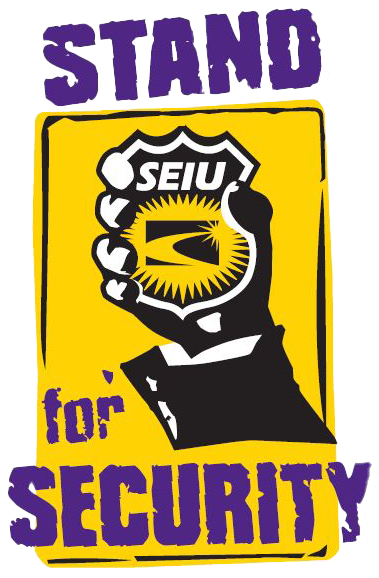 Recently we've been covering U.S. Security Associates' multiple problems with sexual harassment. As is so often the case, when you examine the record of a company in one area, problems in other areas begin to appear.
Recently we've been covering U.S. Security Associates' multiple problems with sexual harassment. As is so often the case, when you examine the record of a company in one area, problems in other areas begin to appear.
The Houston Chronicle has been reporting on U.S. Security Associates' (USSA) $14.8 million tax-payer funded contract with the Port of Houston, the second-busiest port in the United States. The security firm could lose the contract after an anonymous letter was sent to staff pointing out a suspicious family connection between USSA's subcontractor there, Eagle I Security, and the Port.
According to the Chronicle, the letter informed staff that an employee of Eagle I Security is also the son of a Port Authority security manager, who helped evaluate some security contract proposals at the port before bids were reviewed by management. Neither USSA nor Eagle I Security made the Port aware of the father-son connection when the contract was renewed for a three-year term in April.
The taxpayer-funded contract could have gone to two other security firms that placed lower bids than USSA's at the time - one of which was roughly $600,000 lower based on statements made by a Port attorney.
The discovery has spurred a push for more transparency and better procedures for reporting and investigating conflicts of interest. The Port may also require companies bidding for business to state whether they have conflicts of interest with port authorities or commission members.
"Our corporate governance policies and procedures and the way we do business must be enhanced and must be as transparent and equitable as possible," Port of Houston CEO Alec Dreyer was quoted as saying in The Houston Chronicle.
In the meantime, the Port has said it will start looking to rebid the contract under new procurement rules. Meanwhile, USSA continues on a month-to-month basis. Stand For Security will be keeping a close eye on what happens with the contract. At stake is the security of America's second-busiest port. And in today's economy, $14.8 million in taxpayer money should not be taken lightly.
